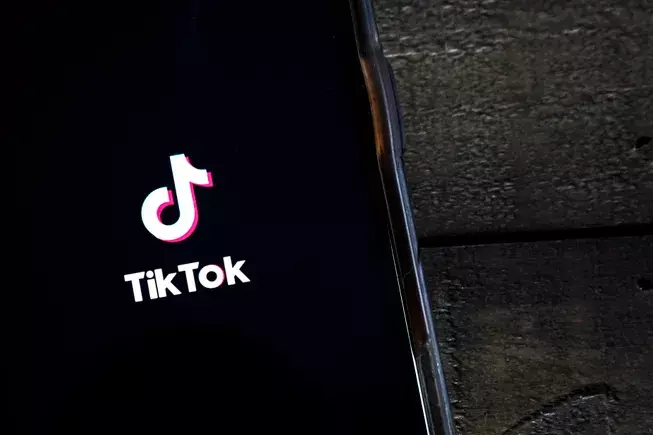The saga surrounding TikTok’s fate in the United States exemplifies a clash between technological innovation and national security concerns, yet it also reveals much about the geopolitical chess game involving China and the U.S.. Despite the repeated claims of political leaders, the situation is far from resolved. While President Trump has articulated a desire to see TikTok sold to a U.S.-based partner, the reality on the ground shows a complex, often chaotic diplomatic negotiation. The fact that TikTok remains operational amidst legal bans demonstrates the disconnect between official policy and actual enforcement. This inconsistency reveals a deeper issue: geopolitical motives dictating technological policy, often at the expense of clarity or fairness. Ultimately, the West’s approach to regulating Chinese tech giants exposes a broader insecurity about dependence and control, revealing the fragile balance between economic interests and national sovereignty.
The Collapse of the TikTok Deal: A Turning Point or a Temporary Setback?
Recent developments suggest that the much-touted plan to transfer TikTok’s U.S. operations into American hands is unraveling. The withdrawal of Blackstone from the consortium is not merely a minor setback—it signals uncertainty and possibly the beginning of the end for the original deal. This consortium, backed by heavy hitters like Susquehanna International Group, General Atlantic, and Oracle, aimed to create a structure where U.S. investors would hold an 80% stake, ostensibly safeguarding American interests. However, the sudden resignation of a key partner raises serious doubts about the viability of such arrangements. With less than two months remaining before a hard deadline, the administration’s flexibility seems strained, and the uncertainty increases. What this government-driven sell-off reflects is a broader hesitation: can a compromise be reached when economic and geopolitical interests are so deeply intertwined? Or is this merely a tactical delay, allowing political optics to trump pragmatic solutions? The future now hovers precariously on a knife edge, with the possibility that TikTok might be expelled from the U.S. market altogether if negotiations fail.
The Geopolitical Impact: From Dance Clips to Diplomatic Tensions
It is remarkable how a social app that became a global phenomenon—rooted in amusing dance videos—has now become a pawn in international diplomacy. The tension over TikTok underscores an essential truth: digital platforms are no longer neutral tools but are embedded with strategic value. For the U.S., controlling TikTok isn’t just about data privacy; it’s also about asserting economic dominance and safeguarding critical infrastructure from potential foreign influence. Meanwhile, China’s reticence to fully relinquish ownership of ByteDance’s popular creation exposes a broader ideological confrontation. The ongoing tit-for-tat tariffs and trade restrictions reveal how deeply intertwined this dispute is with broader geopolitical strategies. TikTok’s presence on U.S. smartphones has transformed into a battlefield, testifying to the power that technological control has in modern diplomacy. As both nations leverage trade policies and legal frameworks, the app’s fate becomes a reflection of their broader struggle for supremacy—shaping the future of digital sovereignty.
The Road Ahead: A Game of Limitations and Possibilities
Predicting the future for TikTok in America is akin to navigating a minefield of political and economic uncertainties. The likelihood that President Trump or his successors will extend deadlines repeatedly suggests a strategy rooted more in political signaling than practical resolution. Such tactics serve to maintain a semblance of control while delaying irreversible decisions. For TikTok creators, this limbo is not merely inconvenient; it creates a climate of instability that hampers growth and innovation. From a strategic standpoint, the app’s potential ban could whittle down the existing vibrant community, stifling creativity and economic opportunity. Yet, there is also an opportunity for smarter, long-term solutions. Instead of frantic sell-offs driven by political expediency, perhaps a more sustainable approach involves building transparent data governance frameworks that reassure regulators and users alike. However, the current trajectory indicates that political interests will likely continue to overshadow pragmatic solutions—leaving TikTok dancing precariously on the edge of either a breakthrough or a ban, with uncertainty as the only certainty.

